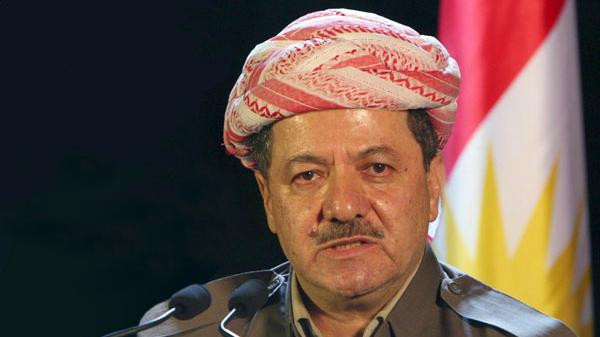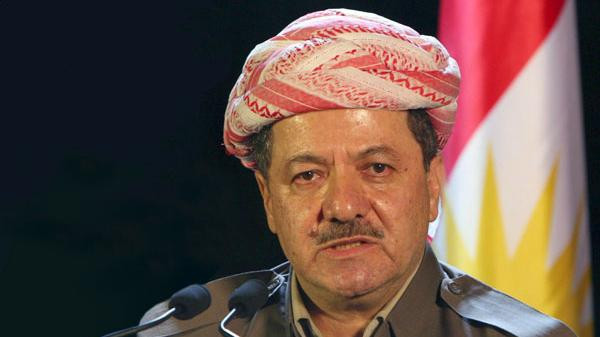Iraqi Kurds plan independence referendum on Sept. 25

President of the Kurdistan region in Iraq, Massoud Barzani

ERBIL (Reuters/IraqiNews.com) Iraq’s Kurdish region plans to hold a referendum on independence on Sept. 25, an official said on Wednesday.
A tweet from Kurdish leader Massoud Barzani’s assistant, Hemin Hawrami, said: “big news. Kurdistan Referendum for independence is on 25/9/2017.”
Kurdistan gained autonomous governance based on the 2005 constitution, but is still considered a part of Iraq. The region was created in 1970 based on an agreement with the Iraqi government, ending years of fierce fighting.
Iraqi Kurdish independence has been historically opposed by Iraq and also its neighbors, Iran, Turkey and Syria, as they fear the contagion for their own Kurdish populations.
Iraq’s Kurds are the community to have advanced the most toward their long-held dream of independence. Iraq has been led by the Shi’ites since the overthrow of Saddam Hussein, a Sunni, in 2003, following a U.S.-led invasion.
They run their own affairs in the north, through a Kurdistan Regional Government (KRG), led by KDP leader Massoud Barzani.
They have their own armed force, the Peshmerga, which prevented in 2014 Islamic State from capturing the oil region of Kirkuk, after the Iraqi army fled in the face of the militants.
The Kurds have historical claims over Kirkuk, which is also inhabited by Turkmen and Arabs. Hardline Iranian-backed Iraqi Shi’ite militias have threatened to expel the Kurds by force from this region and other disputed areas.
The Kurds played a major role in the U.S.-backed campaign to defeat Islamic State, the ultra-hardline Sunni Muslim group that overran about a third of Iraq nearly three years ago. The militants are now fighting off Iraqi forces in Mosul, their last major city stronghold in Iraq from where they declared a “caliphate” that also includes parts of Syria.
While the fall of Mosul would effectively end the “caliphate”, it will not solve deep divisions over power, land and resources between Iraq’s Shi’ite Arab majority, and the important Sunni Arab and Kurdish communities.
